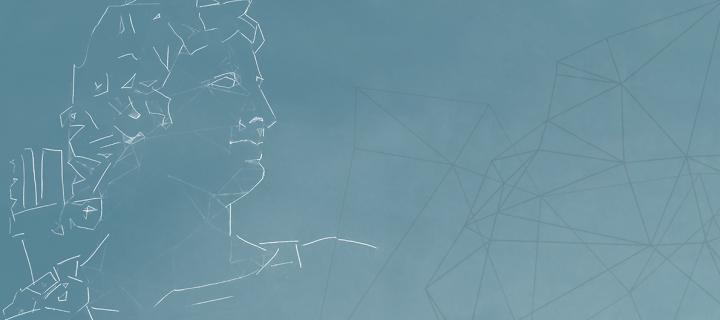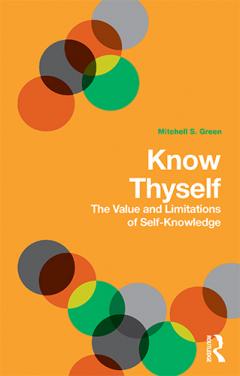Know Thyself - The Value and Limits of Self-Knowledge
Study aspects of self-knowledge, theories of human nature and central dimensions of the self

About the course
According to legend, inscribed on walls of the temple on the sacred site of Delphi in Ancient Greece were two premier injunctions: NOTHING IN EXCESS, and KNOW THYSELF. This course will be an examination of the latter injunction in an effort to discover what self-knowledge is, why it might be valuable, and what, if any, limitations it might face. What is missing from a person lacking in self-knowledge that makes her less wise, virtuous, or competent in certain areas than others who have this capacity, and what if anything might she do to fill that gap? Is it possible to know ourselves completely, and if not, what are the barriers to doing so? Historical sources as well as recent research in philosophy, experimental social psychology, and neuroscience will inform our investigation, in the course of which we will become students of our own dreams, and cultivate some meditative practices.
This online course will be released in three self-contained parts, entitled, The Examined Life, The Unconscious, and Losing Oneself.
Sign up now
Part 1: Know Thyself - The Examined Life
- Learn about important aspects of self-knowledge, including basic concepts in epistemology, theories of human nature, and central dimensions of the self.
- Become familiar with prominent approaches to the relation between mind and body, including dualism and materialism.
- Appreciate the distinction between the ancient Greek approach to living an “examined life” and some contemporary approaches focusing on introspection.
- Assess the merits of Socrates’ famous remark that the unexamined life is not worth living.
Part 2: Know Thyself - The Unconscious
- Learn about the essential features of Sigmund Freud’s famous views on the unconscious.
- Acquire an appreciation of the epistemological status of claims about unconscious states or experiences.
- Discover recent research in social psychology on the “adaptive unconscious”.
- Consider some leading theories of the function and meaning of dreams.
- Understand real-world implications of research on the adaptive unconscious including implicit bias.
- Appreciate reasons for doubting that it is possible to know oneself fully.
Learning objectives
Upon successful completion of this course, learners will:
- Possess an appreciation of prominent view of the self and our knowledge of it from Western, Ancient Chinese, and Classical Buddhist traditions.
- Appreciate the difference between knowledge of oneself gained through introspection that gained through “extrospection,” and the ancient Greek method of self-examination.
- Understand the importance of empathy in seeing oneself through others’ eyes.
- Grasp some of the prominent forms of self-deception and “self-misleading”, as well as some ways of avoiding them.
- Be familiar with some contemporary Western theories of personhood, as well as some Buddhist challenges to the coherence of the idea of a self.

Textbook
To accompany the “Know Thyself: The Value and Limits of Self-Knowledge ” courses, we are pleased to announce a tie-in book written by Mitchell Green and published by Routledge Publishing entitled, Know Thyself: The Value and Limits of Self-Knowledge. This book serves as a companion to these courses, and provides a synoptic overview of key issues while offering a unifying perspective across the various lecturers and topics within the course.
Instructors
Professor Mitchell Green (University of Connecticut)
Contact
To be announced.

